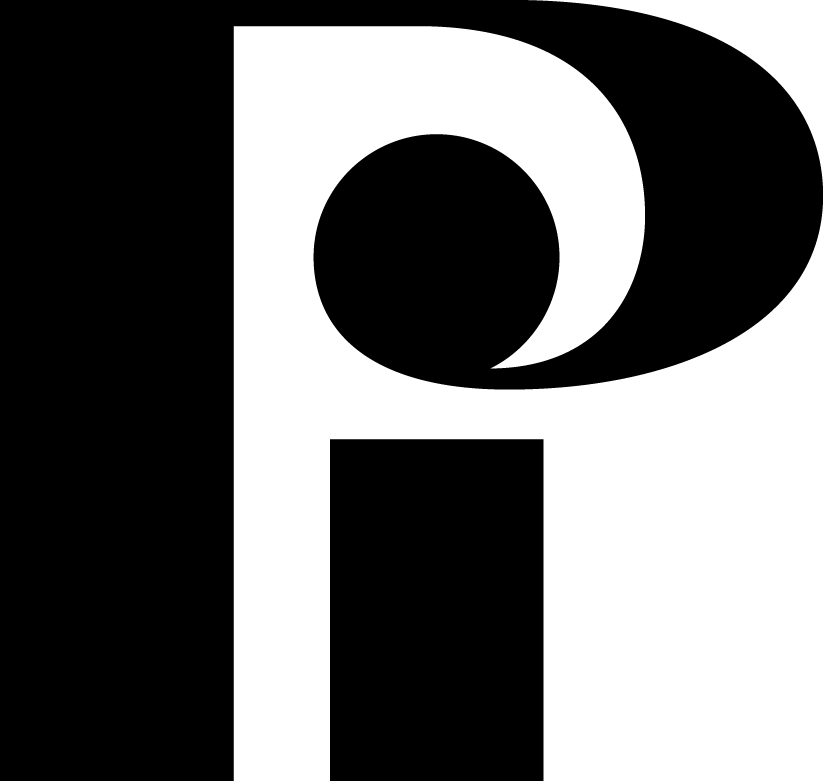The Guerrilla Art Action Group’s Action-Interview at WBAI Radio Station-N.Y. documents a live performance by the group on January 5, 1970 on the progressive radio station WBAI.
The LP consists of a series of spoken statements that describe the problematic relationship between art and business, art and the military, art and class, art and community, and art and race. Some of these statements are directed to the general public, but others are questions addressed specifically to artists, forcing them to question their role in a dehumanizing, repressive, and corrupt system:
“How long will you accept being the repressed lackey of society’s manipulations?”
“Are you guilty of being a repressor?”
“Is it more important to you? To sell your painting, or help human beings?”
“What is more important to you? To exhibit in a museum, or to fight for the human rights of the oppressed?”
These questions, like many of the group’s activities, undermine the notion that there is a separation between art and life or that art can enjoy an exemption from the systemic discrimination and corruption that permeates all aspects of American society. The group sought an artist model that could enact political and social change and they encouraged their fellow artists to follow suit by focusing less on aesthetic abstractions and more on direct personal experiences and expression. They believed that artists had become dehumanized through their willingness to operate inside a racist and sexist cultural system that relied on corporate money while aiding and abetting a military that used art to distract people from wartime atrocities.
“As long as we have business values, we will have racism and poverty.”
“As long as art is business, it will be racist and repressive.”
“Are you guilty of supporting racist and repressive cultural institutions?”
The context of this conversation—along with many of The Guerrilla Art Action Group’s other actions—was the Vietnam War, the ongoing struggles for civil rights, and artists’ radical questioning of the role of cultural institutions. The group engaged in guerrilla performances, creating spectacles that drew attention to the moral failures of cultural institutions and the U.S. government.
This recording was made just a few months into their activities, but already the group had exercised a series of actions to accompany demands that the Museum of Modern Art sell one million dollars’ worth of art and distribute the money to poor communities (of all races), to close (along with all other museums) for the remainder of the war in Vietnam, and to remove the Rockefellers (who profited from the production of weapons being used in the war) from their Board of Directors.
Action-Interview at WBAI Radio Station-N.Y. was first published in 1983 by Edizioni Lotta Poetica and Studio Morra as part of their Radio Taxi series. The gatefold sleeve contains the complete text of the performance.
The Guerrilla Art Action Group was formed in 1969 by Jon Hendricks and Jean Toche as a platform for social struggle. They believed that the art world had been corrupted by private interest (oftentimes with suspect ties to the war machine in Vietnam). The group carried out public actions and performances against museums and other cultural institutions, as well as the U.S. government, to expose the moral failures of our political and cultural institutions. For more information on The Guerrilla Art Action Group, please see Printed Matter’s publication GAAG: The Guerrilla Art Action Group.
The participants making up The Guerrilla Art Action Group on this recording were Jon Hendricks, Poppy Johnson, and Jean Toche. They were also joined by Laurin Raiken, a member of the New York Free Theater and Art Workers Coalition.The Guerrilla Art Action Group titled Action-Interview at WBAI Radio Station-N.Y.
Cover Image © Joanne Hendricks, 1972.
Vinyl LP
12.25 x 12.25 inches
43:12 minutes
February 2018
—
Managing Editor: James Hoff
Managing Designer: Rick Myers

